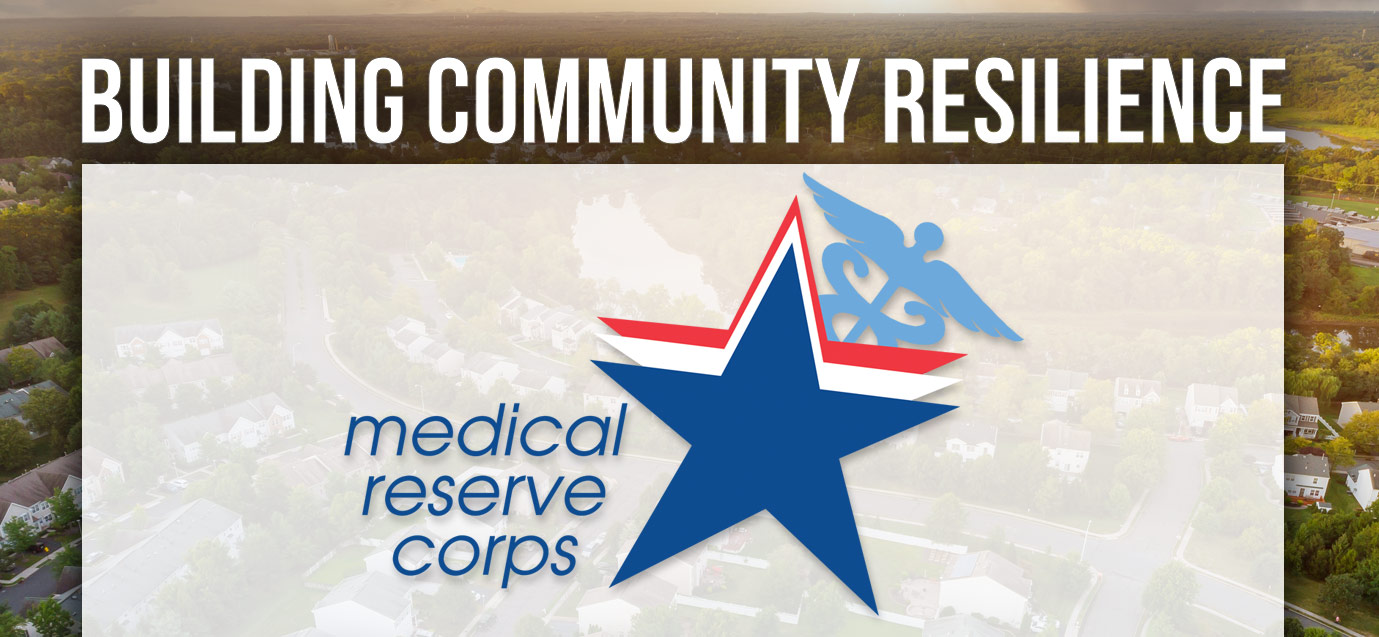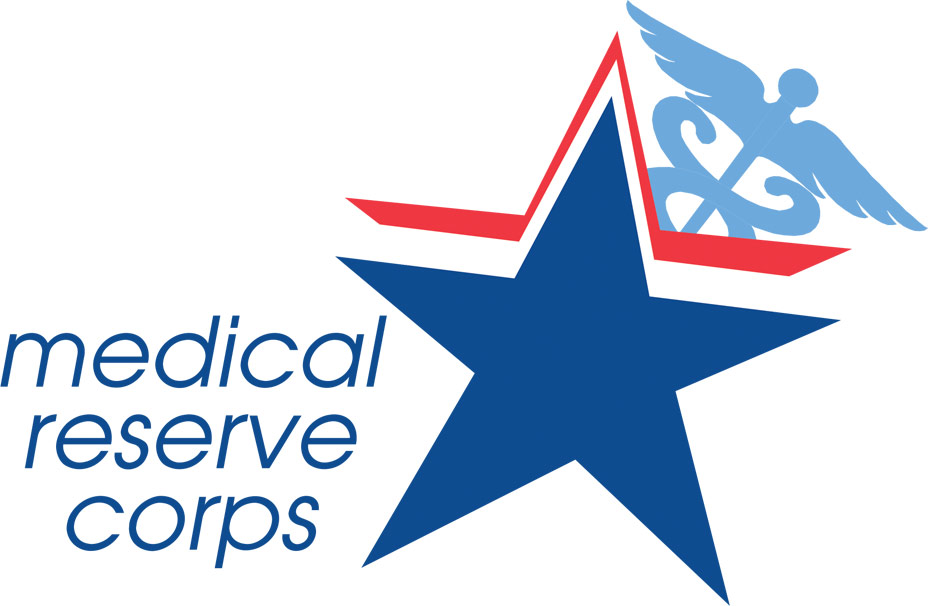
Building Community Resilience: The Importance of the Medical Reserve Corps in Emergency Response
Tuesday March 21, 2023
The Medical Reserve Corps (MRC) is a national network of volunteers, organized locally to improve the health and safety of their communities. It was established in 2002 as a program under the Office of the Assistant Secretary for Preparedness and Response (ASPR) within the U.S. Department of Health and Human Services (HHS). The MRC is made up of medical and public health professionals, as well as other community members, who volunteer their time and expertise to support public health initiatives and respond to emergencies.
MRC volunteers help in providing medical care, triage services, conducting outreach programs, disease surveillance, mental health support, mass vaccination efforts, and first aid during emergencies. They also assist in logistics and administrative tasks, emergency preparedness plans, training programs, and drills, depending on the needs of their communities and the types of emergencies that arise.

MRC ACTIVITIES:
Some of the activities that MRC volunteers may assist with include:
• Staffing emergency medical shelters
• Providing medical assistance in mass casualty events
• Providing mental health support to disaster victims
• Supporting vaccination campaigns and other public health initiatives
• Assisting in logistics and administrative tasks
In addition to providing support during emergencies, the MRC also focuses on building community resilience and preparedness. This includes conducting trainings and educational events to promote emergency preparedness and public health awareness. Overall, the Medical Reserve Corps is an important component of the nation's emergency response infrastructure, helping to mobilize and coordinate local resources in times of crisis. If you are interested in becoming involved with the MRC, you can visit the MRC website to learn more.